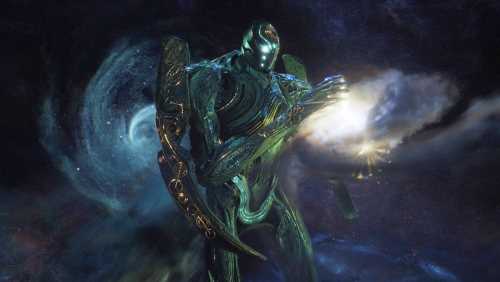Disney and Marvel VFX Unionization Likely to Spur More: This Is About Respect for the Work We Do

Last month, around 50 Marvel visual effects workers — many of whom create the magic behind the studio’s biggest films and TV shows — voted to unionize. That vote marked the first time any VFX workers have unionized with the crafts union, hoping to gain fair pay, healthcare and a safer and more sustainable working environment .
On Tuesday, Disney VFX workers joined Marvel and voted in favor of unionization. In a 13-0 result, VFX workers at Walt Disney Pictures voted to join IATSE.
In recent years, VFX artists have been facing increased workloads and tighter deadlines, even tighter turnaround times and longer working hours without the protections a union can offer. Until now.
The two votes promise to lead to even more VFX workers seeking union protections, said “Tenet” VFX artist Mark Patch, who has been vocal about the crushing workload and was key to the organizing effort. “We’re organizing more studios which we hope to announce in the coming weeks/months, but the hope is to try and set an industry standard contract for all work.”
“This is not about Marvel or Disney, this is about VFX workers throughout Hollywood and demanding respect for the work that we do,” Patch said.
The effort is years in the making, explained Cael Liakos-Gilbert, visual effects data wrangler on “The Mandalorian,” “VFX workers have been asking for union representation for decades. The recent strikes and labor disputes that we’ve been seeing, not just with the WGA/SAG, but nationwide, have invigorated a lot of workers to get involved in making this change a reality. IATSE organizers like Mark have been invaluable for making that happen.”
IATSE represents more than 168,000 technicians, artisans and craftspersons working in movies and TV, including positions in production design, camera, and sound, editing and hair and makeup, yet VFX artists have not been unionized.
The votes heralded a change for VFX workers, who have become pivotal to many productions over the past few decades. Patch said, “It really does make clear to you that we need the ability to have a seat at the table and push back. We can leave it up to the studios or the companies, but it has to be the voice of the workers who are driving that conversation.”
At the top of the agenda were healthcare and fair pay.
Earlier this year, a survey found that among visual effects workers who work on the “client side” of the business, only 12% have a health insurance plan that they can take from job to job.
Liakos-Gilbert said that healthcare was paramount, and the current setup of gig-to-gig work is not sustainable. VFX workers are hired for the show-length contract, which usually expires when the show wraps production or post-production, depending on the role.
Said Liakos-Gilbert, “If the new show or movie is with another studio, the worker would need to reapply for benefits if using employee-provided healthcare. That’s just very draining. We’re going from the Marvel Cinematic Universe to the DC Cinematic Universe. It’s the same crew and a lot of times the same job.”
“I don’t think anyone is taking it for granted as a point of bargaining. Health insurance is a basic human necessity we all need to function as people. It remains a top-level issue as it’s been a lot of the reason that has brought us to this point,” Liakos-Gilbert continued.
Unlike unionized below-the-line workers, prescribed turnaround times and protected hours have not traditionally applied to VFX artists, who often work 14 to 16 hours a day. “I can tell you on one hand the number of lunch breaks I’ve had,” Patch said. “You have people crashing their cars driving home because they’re coming in with three hours of sleep.”
Unionization will help address additional issues including fair pay and a sustainable and safe work environment. Patch, who has been in the industry for over a decade, was hopeful the changes can make VFX an industry where artists can work as long as they want to. “There are not that many old-timers in VFX because a lot of people get burned out,” he explained. “They don’t have any retirement or health care. So people say, ‘I’m going to go and work for Costco because they have better benefits.’”
But with this change, Patch is hopeful improved conditions will “allow us to continue working on these wonderful projects that we love working on.” He added, “The overwhelming unanimous vote shows the strength of how united we are around these priorities.”
The vote symbolized a big step forward for the next generation of VFX artists as the agenda items promise to make the field more sustainable.
Laura Williams, a VFX coordinator on “Ms. Marvel,” said the move will make the VFX craft more appealing as a career choice.
Patch agreed, recalling conversations with new artists who had dreamed of working on VFX-heavy shows and films, only to confront difficult working conditions with no recourse when they finally get hired. “You get in and you can’t complain about low pay, insane hours, working conditions and unsustainability, yet, you look at the roadmap of all the movies that they have planned out…”
Ultimately, Marvel and Disney VFX department crew members across all current shows and films would be covered, and going forward, anyone hired will be protected with an IATSE collective bargaining agreement.
Williams added, “It’s our deserving right to be able to have these conversations. It is such a wonderful thing that we are at this point in VFX history.”
Read More About:
Source: Read Full Article